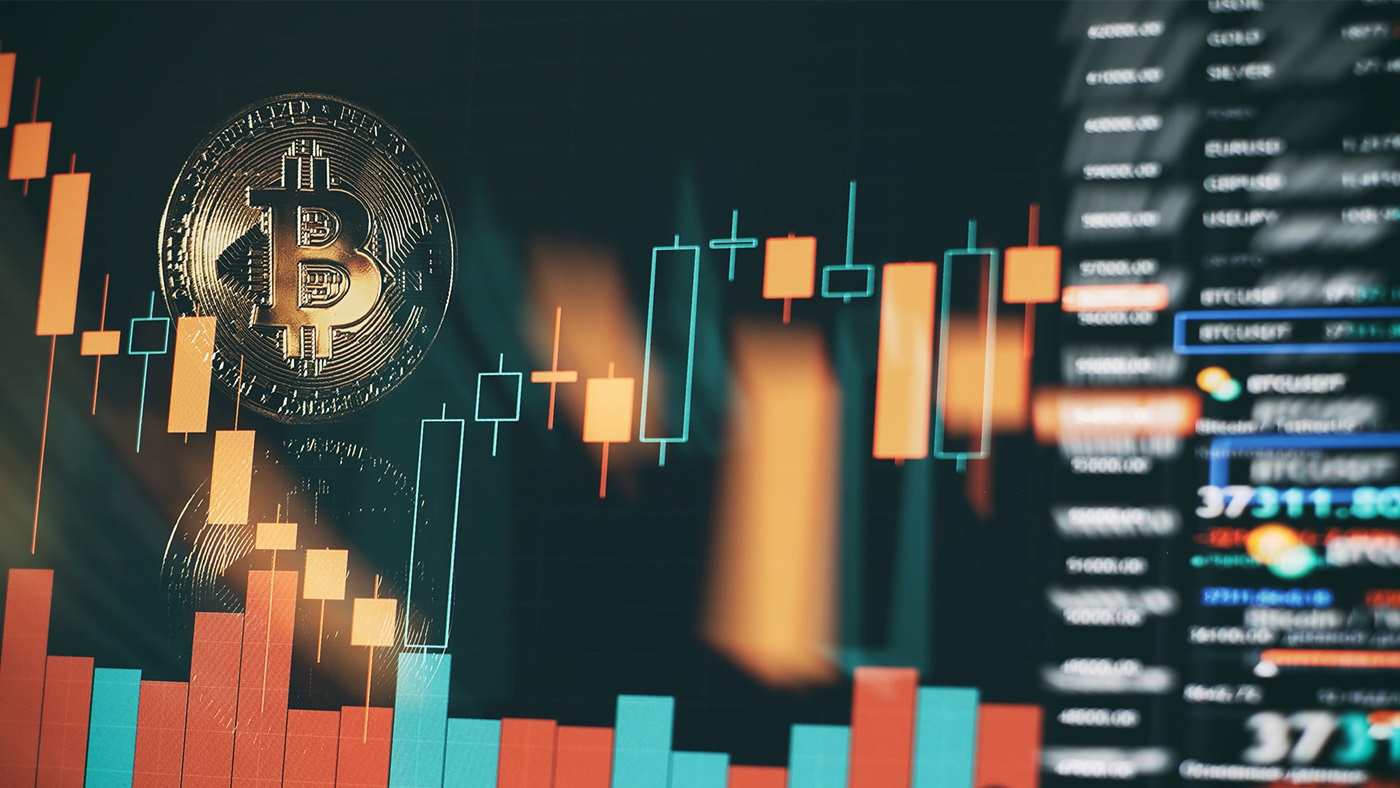
In the third episode of the Innovation at Standard Chartered podcast, Waqar Chaudry, Executive Director – Innovation, Financing & Securities Services, and Rene Michau, Global Head, Digital Assets, explain why digital assets are a ‘today problem’ that cannot be put off until tomorrow.
Listen to podcast

Digital assets are set to transform financial services in many ways and corporate treasurers could be forgiven for thinking their lives won’t be affected by them just yet. However, digital assets are not a ‘tomorrow problem’; they are something treasurers need to think about today.
Standard Chartered’s Waqar Chaudry, Executive Director – Innovation, Financing & Securities Services, explains how digital assets cover a range of innovations. These include a store of value (such as cryptocurrencies and stablecoins), tokenised versions of traditional assets that are transacted on the blockchain, and also digital collectables such as non-fungible tokens. “The reason digital assets have been such a hot topic, and may disrupt the traditional financial system, is because they offer a new way of exchanging and storing value,” says Chaudry. This will ultimately mean lower fees, faster transactions and greater security and more, he adds.
There has been a lot of hype around digital assets, however, and for treasurers it can be difficult to filter out the noise from what is meaningful. Rene Michau, Global Head, Digital Assets, comments that it is important to ask challenging questions to ensure one doesn’t get caught up in the hype. However, what cryptocurrencies, tokenisation and blockchain technology do offer, explains Michau, is a “simple construct that enables multi-party participation and the programming of financial products to operate in ways that are not possible with the technology today.”
The impact of this on the treasurer will be manifold, explains Chaudry, such as increased liquidity, greater ease with transferring assets across international boundaries, and the creation of new asset classes.
For many corporate treasurers, the topic of digital assets has so far been limited to investing and trading in certain cryptocurrencies. It is important, Michau notes, for treasury professionals to build and grow expertise about what is possible with these financial instruments. “This is not a tomorrow problem – whilst it’s not imminent for every single treasurer but they need to understand how this will change financial services and treasury operations and investment – it is something that is a today problem,” says Michau.
Michau explains that Standard Chartered has taken a long-term view that tokenisation will fundamentally transform financial services. And this has meant the bank is developing and investing in capabilities to support customers to participate. This includes the establishment of Zodia Custody, a subsidiary of Standard Chartered and a joint venture with Northern Trust. Offering institutional grade crypto custody, Zodia Custody combines the banks’ expertise as custodians of traditional securities with the technical sophistication agility of a fintech.
Another venture that Standard Chartered has launched – through its innovation and venture arm, SC Ventures, – is Zodia Markets, the first digital asset brokerage and exchange platform backed by a leading international bank and registered with the UK’s Financial Conduct Authority. Zodia Markets is a partnership between SC Ventures and BC Technology Group, the parent of digital asset platform OSL, and has a mission of being the most trusted and reliable trading partner for corporations, institutions and professional investors for digital assets.
It is natural for treasurers to turn to their banking partners to learn more about digital assets, but this doesn’t mean that they should leave everything to them and not ask any questions. Treasurers should understand the implications of digital assets and how they can help them run their treasury more efficiently, says Michau.
Key questions should be asked, and Chaudry notes it is important for the questions to focus on the fundamental principles of treasury operations and the issues that treasurers are faced with, such as visibility of global operations, financial risk exposure, inadequate treasury systems infrastructure, and market volatility. Treasurers are stewards of risk management and they need to be able to scale up and support their operations, as well as have governance and control, and digital assets can help with both, he explains. And that shouldn’t be in the future as a ‘tomorrow problem’, but as an issue for today.